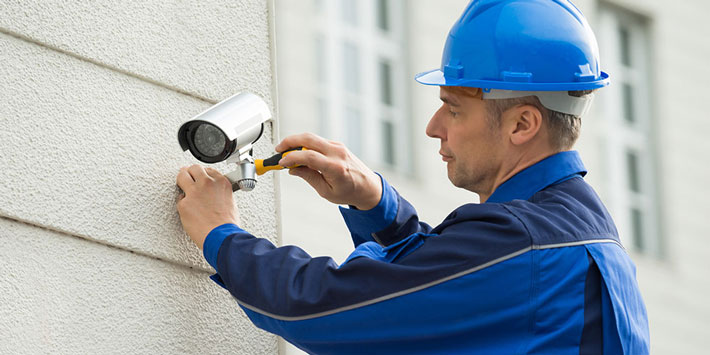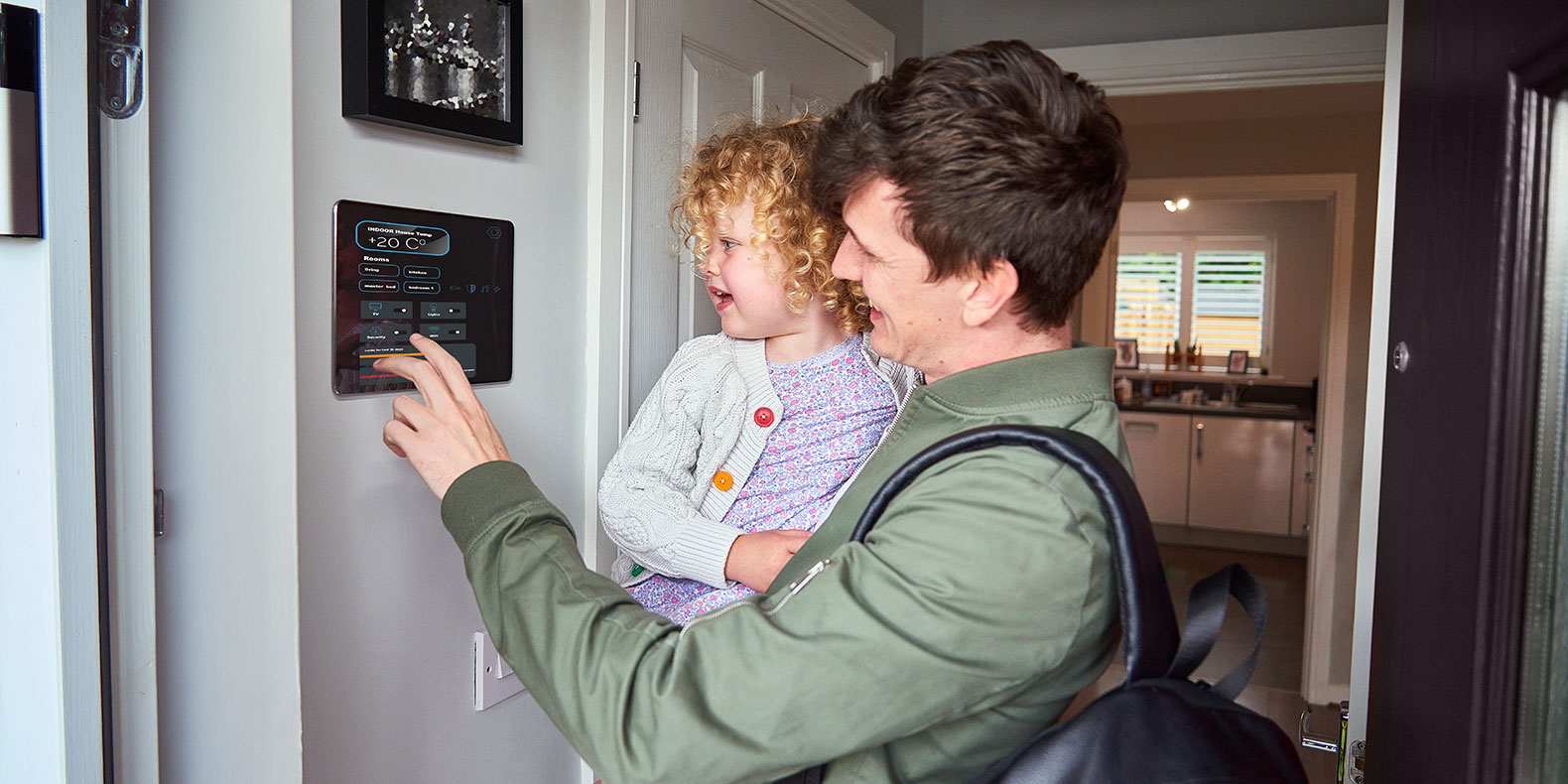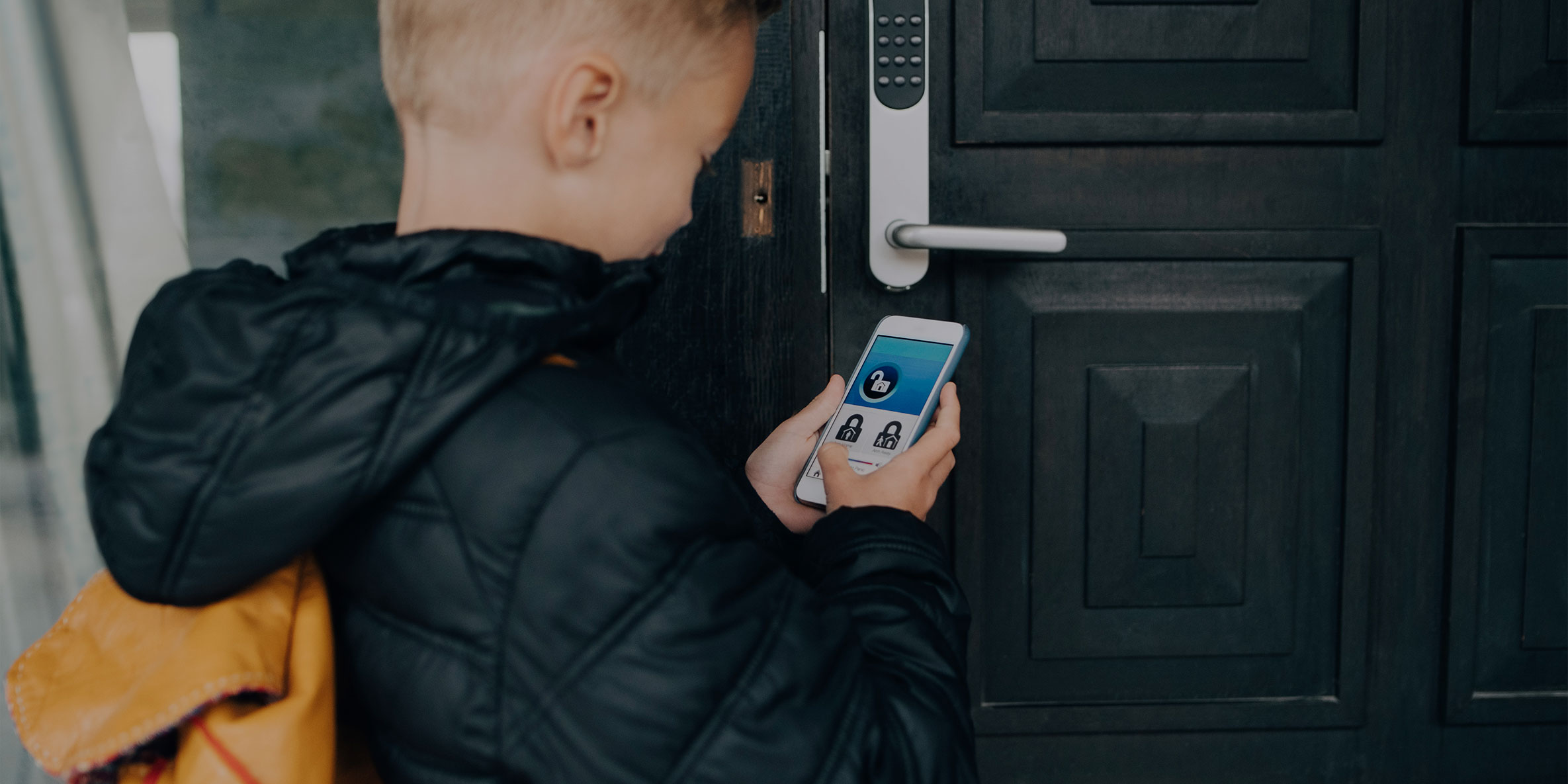You’ve locked up your home and are ready to jet set on vacation. While your home assets might be secure, there are additional security risks to consider as you travel.
Between your connected devices, luggage, transportation and travel accommodations, think through your vulnerabilities to ensure you and your possessions are protected.
5 Security Vacation Tips
The following guidelines outline how to avoid travel risks.
- Secure your mobile phone, tablet and laptop. If you monitor your home security system through a mobile application, ensure that devices are password protected, and armed with quality antivirus and anti-malware software. Furthermore, install programs to wipe your devices (such as Find My iPhone) in the event your device is lost or stolen.
Using your mobile device, someone could gain access to your home through the app, including your security system, locks, lights and appliances. - If possible, don’t bring valuables. Leave jewelry, art and other fine items at home and locked in a secure location. Displaying expensive items as you travel can draw unwanted attention. If you’re attending a formal event, are delivering a valuable gift, or cannot part with your pricey pieces, stow them securely and store in your hotel safe when not in use.
- Social media can wait. Share limited information on social media about your location and length of travel. Over sharing, even with friends and family, can provide Internet trolls enough information to know you’re not at home, putting your assets at risk. Also, vacation is better this way—take time to unplug.
- Focus on the details. Make photocopies of your license, passport and other forms of identification. Store these copies separately from your originals—securely in your luggage. Consider the Smart Traveler Enrollment Program, a free service that lets Americans register their trip with the nearest U.S. Embassy or Consulate. If your ID is lost or stolen, the embassy will assist you. The program also provides email updates on regional safety conditions and helps the nearest embassy locate you in an emergency.
Lastly, if you are traveling alone, or to a destination with which you are unfamiliar, consider investing in personal safety technology devices. - Carry only what you need. Don’t carry unnecessary amounts of cash, checks, or unneeded credit and debit cards. Extra luggage is a drag, too. The savviest travelers pack and travel light, avoiding superfluous items. The logic is simple: the less you bring, the less you will have to lose.
The Pocket Guide
Download and print our vacation guide, and keep it handy for your next trip: on your fridge, in your travel arrangements folder, wherever works best for you.
How do you stay safe on vacation? Share your tips in the comments below!



